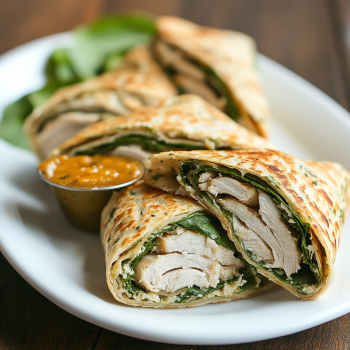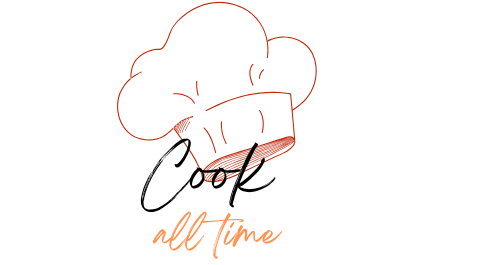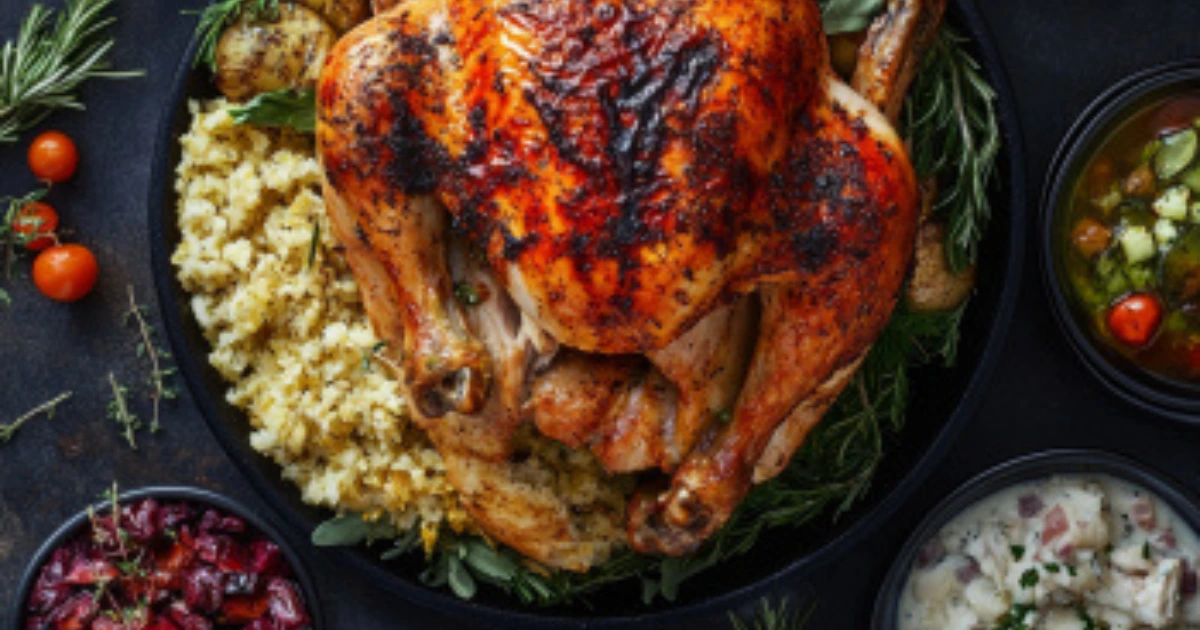Introduction
What does Costco do with unsold rotisserie chicken? Costco’s rotisserie chicken has become a customer favorite due to its affordable price and delicious flavor. Its popularity stems from Costco’s ability to provide high-quality, pre-cooked chicken that is both tender and flavorful. Since Costco sells millions of rotisserie chickens annually, this product plays a key role in their food court and overall business model. But with such a high turnover, what happens to unsold rotisserie chickens?
Table of Contents
Why Is It a Customer Favorite?
There are several reasons why Costco’s Roast chicken is so beloved. The taste is often described as rich and perfectly seasoned, while the price remains highly competitive compared to other grocery store Grilled chicken options. Costco has built a reputation for offering high-quality products at value prices, and their rotisserie chicken is no exception. But, as with any large-scale production, some unsold chickens remain at the end of the day.
Production and Demand
Costco’s rotisserie chicken production is designed to meet high customer demand throughout the day. The chickens are cooked fresh and available at all times, ensuring that every shopper can grab one when needed. However, the demand fluctuates, and there are certain times of day when unsold Roast chicken accumulates. This often happens during the quieter hours or if there is a temporary decrease in foot traffic.
The Reality
Even with efficient production and demand forecasts, not all of Costco’s rotisserie chickens are sold. Unpredictable customer behavior, unexpected events, or stock surpluses can lead to unsold products by closing time. Costco is aware of this reality and takes active steps to ensure that these chickens are put to good use, reducing waste and contributing to sustainability.
Factors Leading to Surplus
There are several reasons why Costco might have unsold Grilled chicken:
- Overproduction: If Costco prepares more chickens than are needed, some may go unsold.
- Fluctuating customer traffic: During certain times of day or on slower shopping days, fewer chickens might be purchased.
- Unpredictable demand: Holidays or special promotions can skew demand, leaving excess stock by the end of the day.
While these factors are often beyond their control, Costco has strategies to reduce waste and utilize leftover chickens effectively.
The Cost of Wasted Food
Wasted food can impact Costco’s operations both financially and environmentally. Unsold Grilled chicken not only represents lost revenue, but it also contributes to food waste. As part of their corporate responsibility, Costco strives to minimize waste by repurposing these chickens into other products, which is a sustainable solution that benefits both the company and the environment.
What Does Costco Do with Unsold Rotisserie Chicken?
Costco has implemented several creative methods to deal with unsold rotisserie chicken. Instead of simply throwing them away, Costco repurposes unsold chickens for use in other prepared foods. This strategy helps the company reduce waste and gives customers more meal options.
- Repurposing for Other Products: Can be used in deli items like sandwiches or wraps, as well as pre-made meals available in Costco’s refrigerated section.
- Chicken Salad and Sandwiches: Leftover chicken is often used in chicken salads or sandwiches, offering a new way to enjoy the same delicious flavor at a later time.
For tips on using leftover chicken creatively, visit how to jazz up a rotisserie chicken.
Repurposing for Other Products
Instead of discarding unsold Roast chickens, Costco repurposes them into various deli and prepared foods. This not only saves the chicken from going to waste but also creates value-added products that are quick, convenient, and affordable for customers. Products like chicken salad, chicken wraps, and other ready-to-eat meals are made with the leftover chicken, helping to satisfy consumer demand while keeping costs low.
Chicken Salad and Sandwiches
A popular way Costco uses unsold rotisserie chicken is in chicken salads and sandwiches. The tender chicken is shredded and combined with fresh vegetables, sauces, and seasonings to create tasty, ready-to-eat meals. These items are then sold at the deli or as grab-and-go meals, offering customers a delicious and convenient option without the waste.

- Chicken salad: A mix of chicken, mayonnaise, and spices served in a fresh wrap or on a sandwich.
- Chicken sandwiches: Shredded rotisserie chicken piled high on a bun, with or without additional toppings like lettuce, tomatoes, and cheese.
These options allow Costco to maximize the value of their unsold chickens.
Soups and Broths
Another great way Costco uses unsold Roast chicken is by turning it into hearty soups and flavorful broths. The bones, along with leftover meat, are simmered to create rich, nutritious bases for soups or stews. These broths can then be packaged and sold as ready-to-cook ingredients for customers looking for quick and easy meal solutions.
Using unsold rotisserie chicken to make soups not only reduces waste but also adds value to the chicken by creating comforting, satisfying meals. This is a great way to turn leftovers into a product that appeals to customers looking for home-cooked taste without the time commitment.
Donation to Local Charities
Costco makes efforts to minimize food waste by donating unsold Roast chicken to local charities. Instead of discarding excess chicken, the company partners with various organizations to ensure edible food reaches those in need. This initiative is part of Costco’s commitment to social responsibility and community support.
- Community impact: Donating to food banks helps reduce hunger.
- Partnerships: Collaborations with charities ensure efficient distribution.
By donating leftover Grilled chicken, Costco addresses two critical issues: reducing food waste and supporting local communities.
Recycling and Composting Programs
In addition to donating edible food, Costco has sustainable practices for dealing with inedible rotisserie chicken. Unsold chicken that cannot be repurposed for meals is managed through recycling and composting programs. These programs help the company divert food scraps from landfills and contribute to environmental conservation.
- Composting: Turning food waste into nutrient-rich compost for agriculture.
- Recycling: Managing packaging materials to reduce waste.
This multi-faceted approach ensures that Costco responsibly handles all forms of waste, aligning with its sustainability goals.
Costco’s Commitment to Sustainability
Costco’s commitment to sustainability is reflected in its food waste management practices. By repurposing unsold Grilled chicken and engaging in food donation programs, Costco shows dedication to reducing its environmental footprint. These practices are part of Costco’s broader strategy to minimize waste, conserve resources, and support local communities.
- Waste reduction: Focusing on decreasing food waste in-store and throughout the supply chain.
- Ethical sourcing: Ensuring the responsible sourcing of ingredients.
Costco’s sustainability efforts go beyond food waste and extend to every aspect of its business, showcasing a holistic approach to environmental impact.
Reducing Food Waste for Unsold Rotisserie Chicken
Costco takes a proactive approach to reducing food waste in all areas of its business. By managing the production of rotisserie chickens carefully, the company reduces overproduction and ensures that excess chicken doesn’t go to waste. Furthermore, Costco’s initiatives to donate, repurpose, and compost unsold Grilled chickens demonstrate their commitment to minimizing waste.
- Inventory management: Optimizing production to meet customer demand.
- Repurposing leftovers: Transforming unsold rotisserie chicken into other food products.
Through these strategies, Costco plays a key role in the fight against food waste.
Costco’s Sustainability Practices with Rotisserie Chicken Production
Another aspect of Costco’s commitment to sustainability is its sourcing practices. The company ensures that the chicken used for its rotisserie comes from ethically sourced farms. This means supporting farms that engage in humane treatment of animals and environmentally friendly practices.
- Ethical sourcing: Prioritizing sustainability in the supply chain.
- Quality assurance: Ensuring high-quality ingredients for Grilled chicken.
This responsible sourcing of chicken contributes to Costco’s overall environmental and sustainability goals, reinforcing its position as a leader in ethical food practices.
Customer Perspective
Customers appreciate Costco’s transparency and responsible handling of unsold rotisserie chicken. By offering repurposed chicken in other meals or donating it to charity, Costco builds trust with its customers. Shoppers know that the company not only focuses on value and quality but also on minimizing waste and contributing to the community.
- Positive perception: Customers view Costco as a responsible retailer.
- Trust and loyalty: Ethical practices enhance customer satisfaction.
This transparency fosters strong customer loyalty and reinforces Costco’s reputation as a socially responsible business.
Transparency and Trust
Costco’s transparent food management practices help build trust with its customers. By openly sharing how it handles unsold Grilled chicken, the company demonstrates its commitment to both food safety and sustainability. Customers can feel confident that Costco is making ethical decisions when it comes to food waste and product sourcing.
- Clear communication: Customers appreciate the company’s transparency in operations.
- Trustworthy practices: Ethical practices encourage long-term customer relationships.
Costco’s openness helps reinforce its brand as a reliable and responsible retailer.
Customer-Driven Initiatives
Costco encourages its customers to get involved in sustainability efforts. By supporting responsible consumption and sharing information about waste reduction, Costco helps raise awareness among its shoppers. Encouraging customer participation in these efforts strengthens the collective goal of reducing food waste.
- Awareness campaigns: Educating customers on sustainable practices.
- Collaborative efforts: Creating community-driven solutions for food waste.
These initiatives allow customers to feel like active participants in Costco’s sustainability journey, aligning consumer values with the company’s goals.
FAQs
What does Costco do with unsold Grilled chicken?
Costco repurposes unsold Oven-roasted chicken through donations to local charities, transforming it into prepared meals, or using it for soups and broths. Additionally, they have recycling and composting programs for inedible chicken.
Is it safe to eat Costco’s rotisserie chicken if it’s been stored overnight?
As long as it has been properly refrigerated, Costco’s rotisserie chicken is safe to eat the next day. However, it should be reheated thoroughly to avoid any potential health risks.
Does Costco donate all of its unsold food?
Costco donates as much unsold food as possible, including rotisserie chickens, to local charities, ensuring that it helps feed those in need and reduces waste.
What happens to Costco’s unsold rotisserie chicken?
Costco repurposes unsold Oven-roasted chicken in various ways, including using it for deli items like chicken salads and sandwiches. The company also donates it to local charities when possible.
Conclusion
In summary, What does Costco do with unsold rotisserie chicken? The company takes an ethical, transparent approach to handling unsold chicken, repurposing it for meals, donating to local charities, or managing waste through recycling and composting programs. Costco’s commitment to sustainability, customer satisfaction, and food waste reduction ensures that its operations are not only efficient but also aligned with environmental and social responsibility.
By taking these steps, Costco maintains its reputation as a responsible and sustainable business while offering customers a chance to enjoy high-quality, ethically sourced products.

